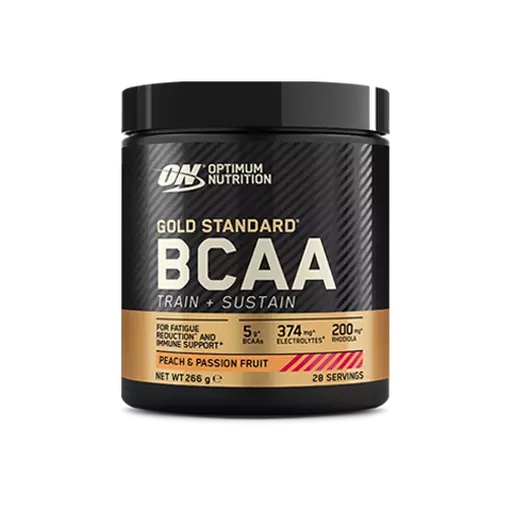BCAA (Branched-Chain Amino Acid) supplements have garnered significant attention for their potential benefits, making them a popular choice among individuals looking to optimize their fitness routines and overall health.
One of the primary reasons to take BCAA supplements is their ability to support muscle growth and repair. BCAAs, especially leucine, play a pivotal role in stimulating muscle protein synthesis, the process responsible for building and rebuilding muscle tissue. This makes them particularly valuable for athletes, bodybuilders, and those engaged in resistance training, as BCAA supplementation can help maintain and enhance muscle mass, resulting in better physical performance and a toned physique.
- BCAA Supplements To Increase Energy
- Does BCAA Supplements Boost Testosterone
- Are BCAA Supplements Good For Runners
- BCAA Supplements And Depression Is There A Link
- BCAA And Keto What You Need To Know
Another compelling reason to consider BCAA supplements is their capacity to reduce exercise-induced fatigue and improve endurance. BCAAs help preserve glycogen stores, the primary source of energy during physical activities, by sparing them from being used prematurely. This delay in glycogen depletion can lead to prolonged stamina, allowing individuals to exercise at a higher intensity for longer periods.
This not only aids in more effective workouts but also assists in weight management, as enhanced exercise performance can translate into higher calorie expenditure. However, it’s essential to emphasize that BCAA supplements work best when incorporated into a holistic fitness and nutrition plan and should be used in accordance with individual goals and needs. Consulting with a healthcare professional or a registered dietitian can provide personalized guidance on the most effective use of BCAAs to achieve specific objectives.
When Is The Best Time To Take BCAA Supplement?
The timing of BCAA (Branched-Chain Amino Acid) supplement intake can play a significant role in their effectiveness, depending on individual goals and the specific context of use. Here are some key considerations for when to take BCAA supplements:
Pre-Workout: Many individuals prefer to take BCAAs before their workout for several reasons. BCAAs can provide an immediate source of energy during exercise, helping to combat fatigue and sustain endurance. Leucine, in particular, can enhance muscle protein synthesis, which is essential for muscle growth and recovery. By consuming BCAAs prior to a workout, you are effectively priming your muscles to make the most of your training session. This timing is especially beneficial for individuals aiming to preserve lean muscle mass, improve workout performance, and reduce muscle soreness.
Intra-Workout: BCAA supplements can also be consumed during a workout, typically in the form of a flavored powder mixed with water. This practice can help replenish BCAAs that might be depleted during prolonged or intense exercise. Taking BCAAs intra-workout can continue to support energy levels, reduce muscle fatigue, and promote muscle recovery while training, ensuring that you maintain optimal performance throughout the workout. Shop raw supplements, bulk discount, lab tested 5% off here!
Post-Workout: For some, post-workout is the preferred time to take BCAA supplements. This timing is beneficial for initiating the muscle recovery and repair process immediately after exercise. BCAAs, especially leucine, play a vital role in muscle protein synthesis, and consuming them after a workout helps support this essential aspect of muscle growth.

Buy BCAA Online
We Have Some Of The Best BCAA Supplement Out There!
Come have a look what types of BCAA we have? Shop the best BCAA! We have found the best deals! Or please feel free to read more about the many benefits of BCAA Supplements on site.
It can also reduce post-workout muscle soreness and accelerate the recovery phase, ultimately preparing your body for the next training session. For those looking to build and repair muscle tissue and reduce exercise-induced fatigue, post-workout BCAA supplementation can be a strategic choice.
The optimal time to take BCAA supplements can vary depending on personal preferences and goals. Some individuals may find that a combination of pre-, intra-, and post-workout BCAA consumption best suits their fitness regimen. Others may benefit from focusing on a specific timing that aligns with their unique objectives.
Additionally, factors like diet, exercise routine, and individual responses to supplements should also be taken into consideration when determining the best timing for BCAA intake. Consulting with a healthcare professional or a registered dietitian can provide personalized guidance to help make the most of BCAA supplementation based on your specific needs and goals.







